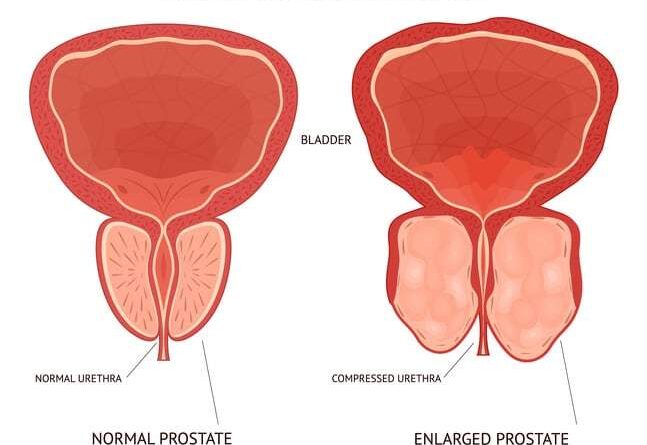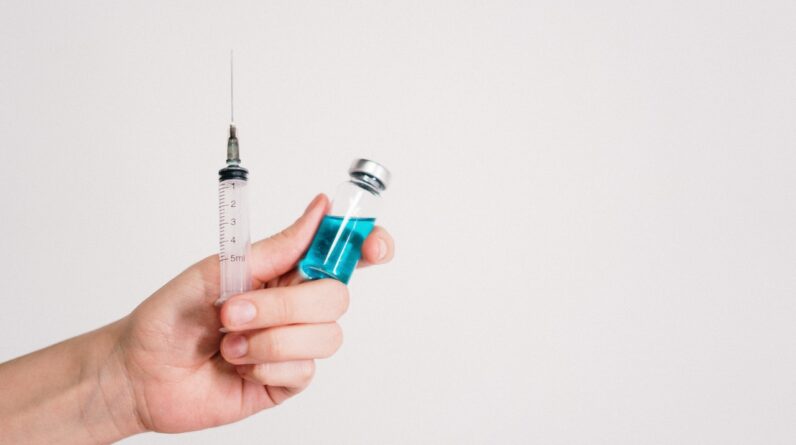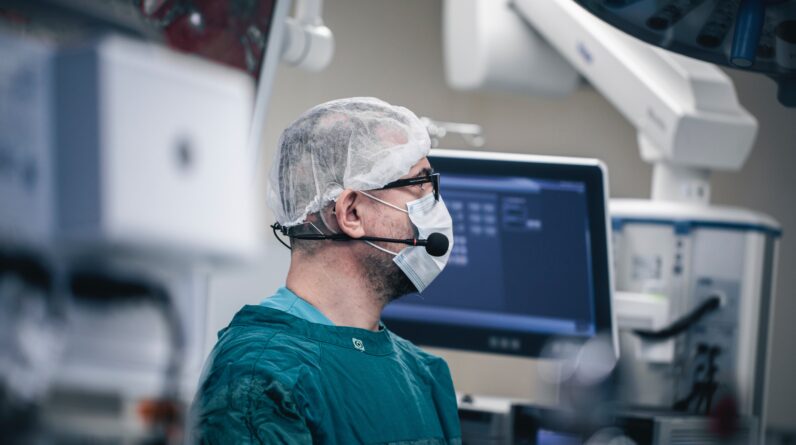
Understanding Prostate Cancer
Prostate cancer is a medical condition that typically affects men, particularly those who are above the age of 50. This type of cancer begins in the prostate, a small walnut-shaped gland that produces seminal fluid.
Causes and Risk Factors
While the exact cause of prostate cancer is not known, there are several risk factors associated with it. These include older age, family history of the disease, obesity, and race.
Symptoms and Diagnosis
Prostate cancer may show no symptoms in the early stages. However, when symptoms do appear, they can include difficulty in urinating, blood in the semen, bone pain, and erectile dysfunction. Diagnosis is typically made through a series of tests, such as the PSA blood test and a biopsy.
Connection between Prostate Cancer and Oral Health
It might seem surprising, but there’s a potential link between prostate cancer and oral health.
Role of Inflammation
Inflammation is a common factor in both prostate cancer and oral diseases like periodontitis. Research suggests that chronic inflammation could potentially lead to DNA damage, thereby increasing the risk of cancer.
Impact of Medications
Some prostate cancer treatments can have side effects that impact dental health, leading to conditions like dry mouth or osteonecrosis of the jaw.
Oral Complications of Prostate Cancer Treatment
Treatment for prostate cancer can often lead to several oral health complications.
Xerostomia (Dry Mouth)
Radiation therapy can sometimes damage the salivary glands, leading to a condition known as xerostomia or dry mouth. This can make it difficult to speak, eat, and swallow.
Oral Mucositis
Chemotherapy can cause oral mucositis, a painful condition where ulcers form on the mucous membranes of the mouth.
Osteonecrosis of the Jaw
This is a severe bone disease that affects the jaws, often caused by certain types of drugs used to treat prostate cancer.
Dental Care for Prostate Cancer Patients
Maintaining oral health is crucial for individuals with prostate cancer.
Importance of Regular Dental Check-ups
Regular dental check-ups can help identify and manage oral complications before they become severe.
Tips for Maintaining Oral Health
Practices such as good oral hygiene, eating a healthy diet, and staying well-hydrated can help prevent dental problems.
Future Directions and Research
Researchers are exploring the role
Emerging studies indicate that dentists could play a significant role in the early detection of prostate cancer. By identifying signs of chronic inflammation in the mouth, dentists could potentially refer patients for further testing.
In Conclusion
The interconnection between prostate cancer and dental problems is more significant than one might initially realize. Oral health doesn’t just contribute to a bright smile—it could potentially be a critical factor in managing prostate cancer. Hence, it is crucial for individuals, especially those at risk of or battling prostate cancer, to maintain good oral hygiene and schedule regular dental check-ups.
FAQs
1. Can prostate cancer cause dental problems?
Yes, treatments for prostate cancer, such as radiation and chemotherapy, can lead to dental problems such as dry mouth and oral mucositis.
2. How can dental health impact prostate cancer?
Chronic oral inflammation, as seen in diseases like periodontitis, might increase the risk of prostate cancer. Furthermore, some dental problems can be side effects of prostate cancer treatments.
3. What is the role of a dentist in prostate cancer care?
Dentists can help in the early detection of prostate cancer by identifying signs of chronic inflammation. They can also manage oral complications arising from prostate cancer treatments.
4. How can I maintain my oral health during prostate cancer treatment?
Maintaining good oral hygiene, including regular brushing and flossing, can help. It’s also important to stay well-hydrated, eat a balanced diet, and attend regular dental check-ups.
5. Can oral health complications affect my prostate cancer treatment?
Yes, severe oral health problems can sometimes complicate the course of prostate cancer treatment. It’s always best to discuss any oral health concerns with both your oncologist and dentist.
6. What is the relationship between prostate cancer and osteonecrosis of the jaw?
Osteonecrosis of the jaw is a potential side effect of some medications used in treating prostate cancer, particularly those used to strengthen bone density. This condition involves severe damage to the jawbone.
7. Can dental check-ups help in detecting prostate cancer?
While dental check-ups are not a direct method for detecting prostate cancer, dentists can spot symptoms of inflammation or other oral health issues that may be linked to prostate health. If such symptoms are observed, patients can be referred to a specialist for further examination.
8. How often should I visit a dentist if I am undergoing treatment for prostate cancer?
Regular dental visits are crucial for maintaining oral health, especially for individuals undergoing cancer treatment. You should consult with your dentist for a personalized schedule, but typically, a check-up every 6 months is recommended.
9. Can improving oral health help in prostate cancer recovery?
While oral health itself may not directly affect prostate cancer recovery, managing oral health complications can improve the overall quality of life for patients and prevent additional health issues.
10. What are some oral hygiene tips for individuals dealing with xerostomia (dry mouth) due to prostate cancer treatment?
Drinking plenty of water, chewing sugar-free gum to stimulate saliva production, and avoiding dehydrating substances like caffeine and alcohol can help manage symptoms of dry mouth. Regularly applying a lip moisturizer can also provide relief.







